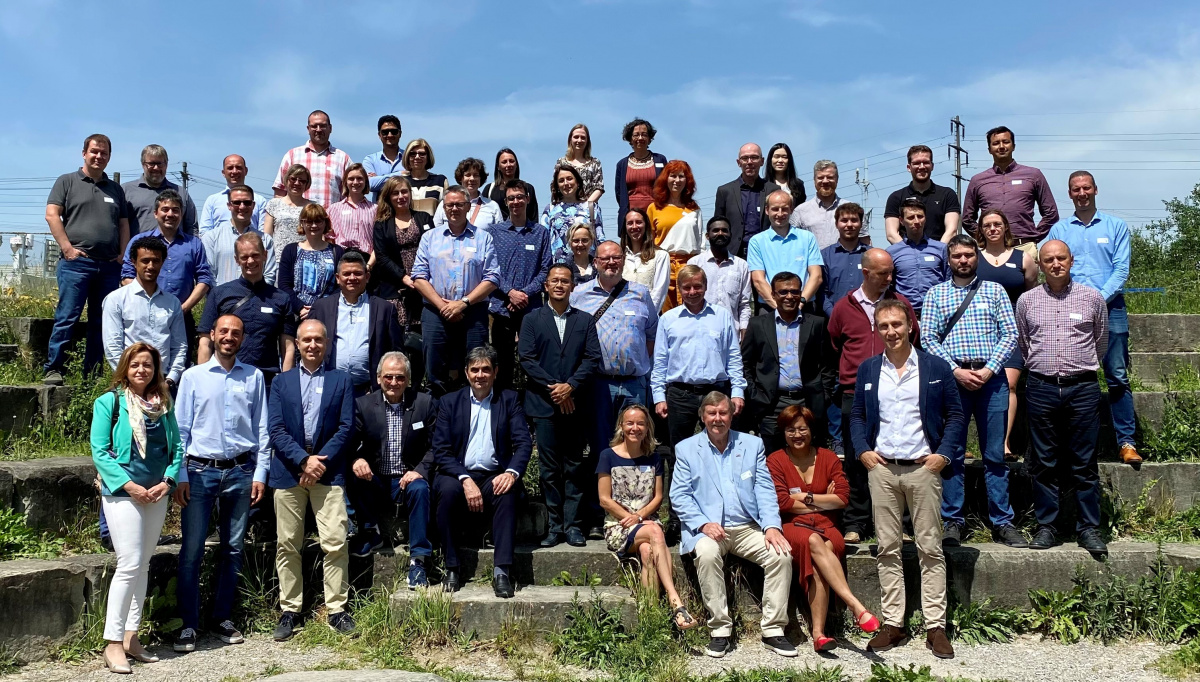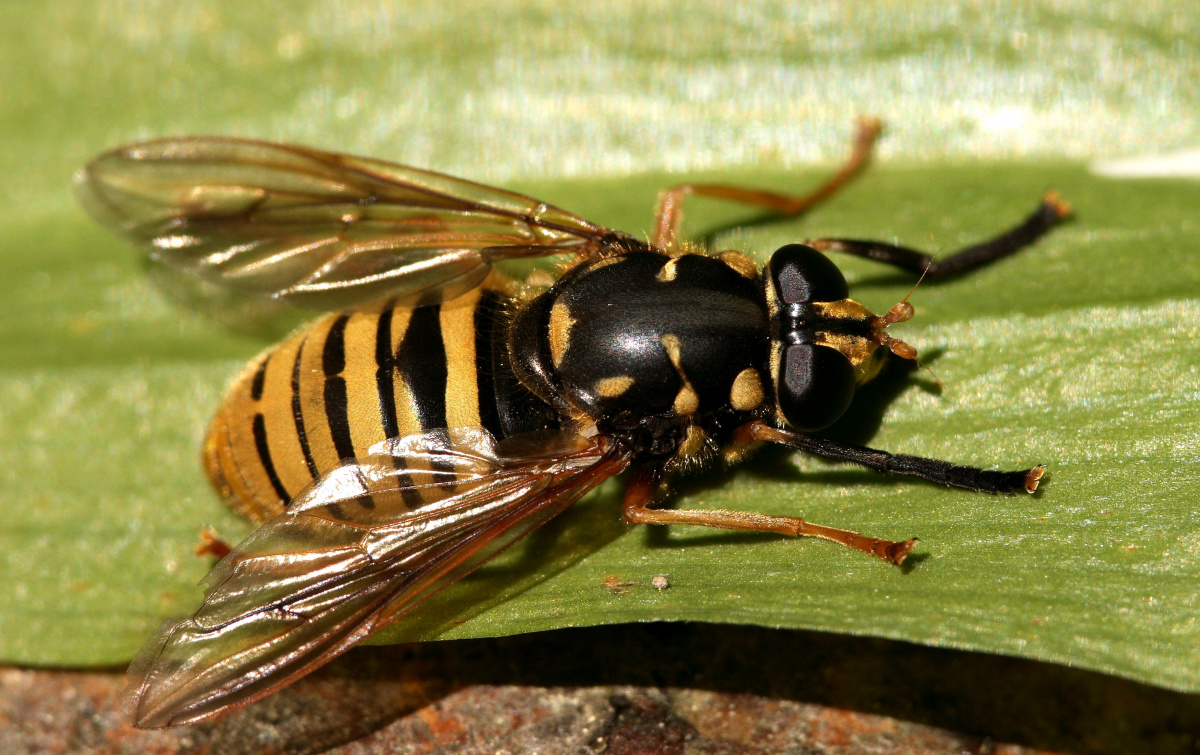URBES Fact sheet #3: Valuing ecosystem services in urban areas
This URBES factsheet explains what the values of ecosystem services are and provides examples of their benefits for cities.

Photo: istockphoto
Technological progress has fostered the conception of an urban society that is increasingly decoupled from nature. Cities however depend on nature and the ecosystem services it provides to sustain life, health, security, social relations and to address some of the most pressing challenges, such as climate change, water and food security. While there is increased recognition that biodiversity and ecosystem services can contribute greatly to improve quality of life in cities, their multiple values are usually not fully taken into account in urban policy-making. The values of biodiversity and ecosystem services need to be integrated into urban decision making in order to enhance urban resilience, health and quality of life while reducing the ecological footprint of cities and saving costs.
Ecosystem services are defined as benefits that humans obtain from ecosystem functions or as direct and indirect contributions from ecosystems to human well-being, such as clean air, food, water filtration, flood prevention, noise reduction, recreation, climate regulation, and nature education. The provision of ecosystem services in cities depends on the quality and quantity of urban green infrastructure. Green infrastructure includes parks, gardens, urban allotments, urban forests, wetlands, lakes and ponds in cities, but also the natural areas – such as forests, mountains and wetlands – surrounding urban spaces.



